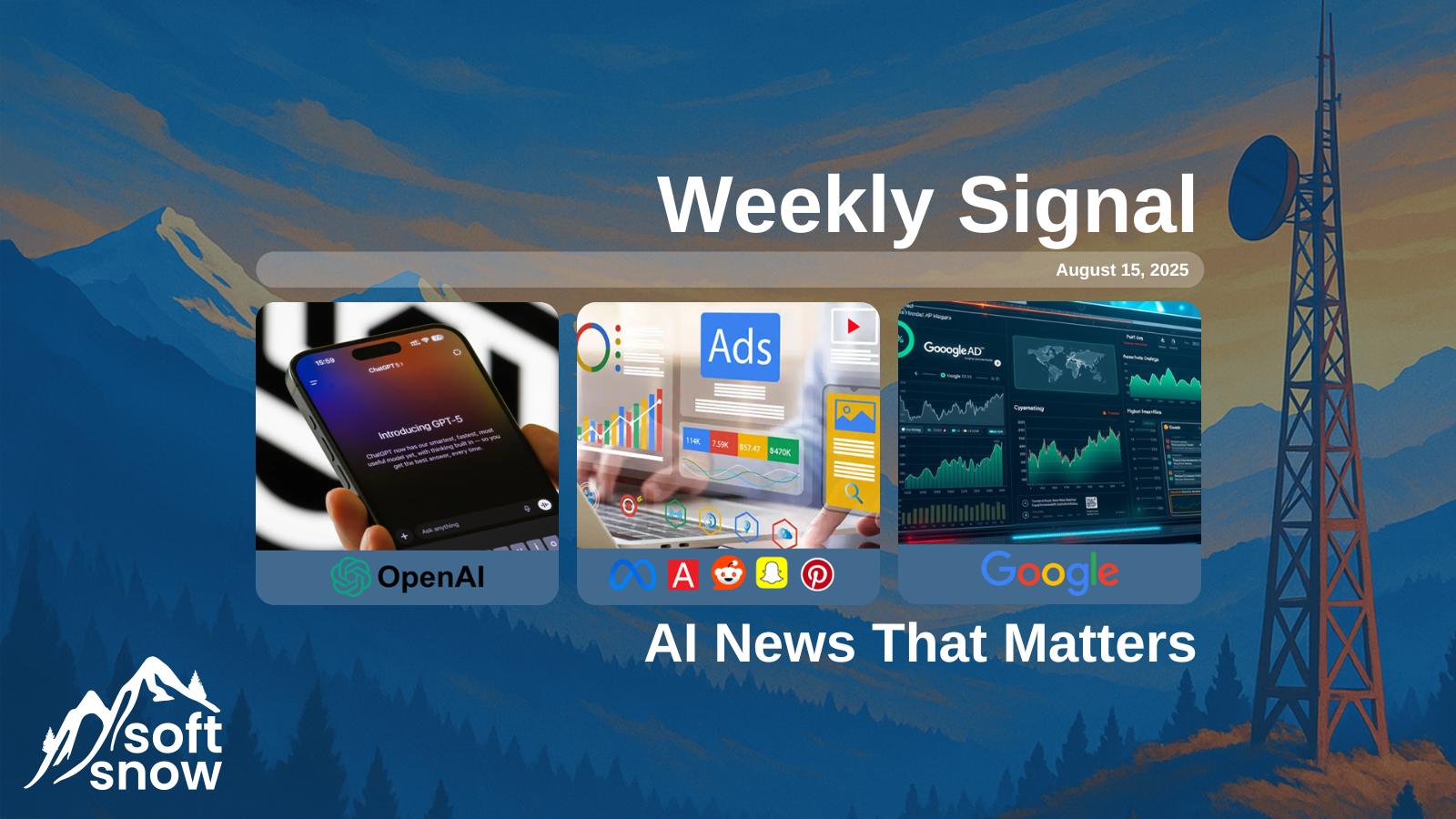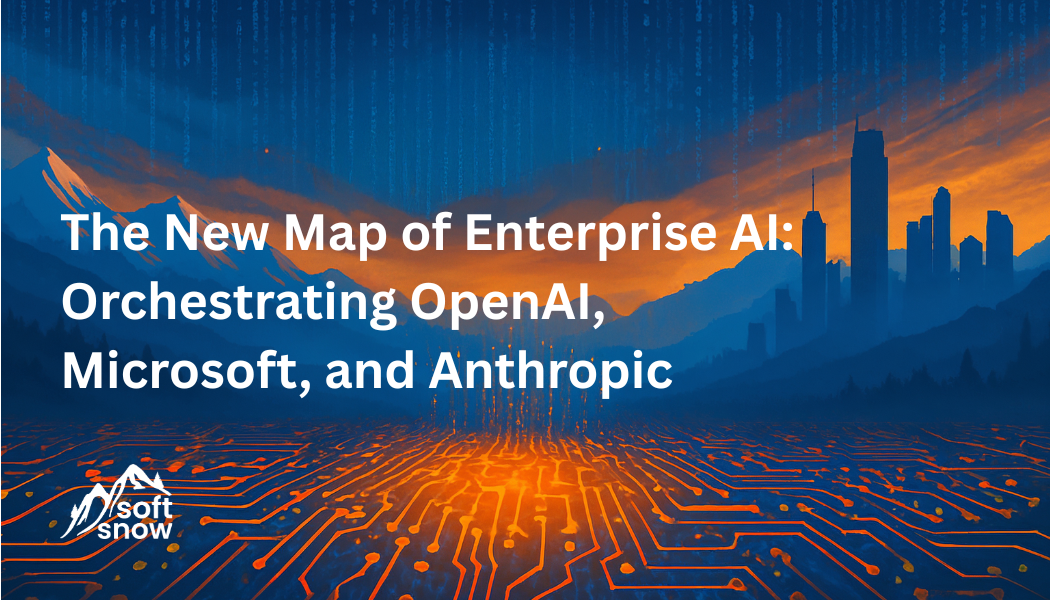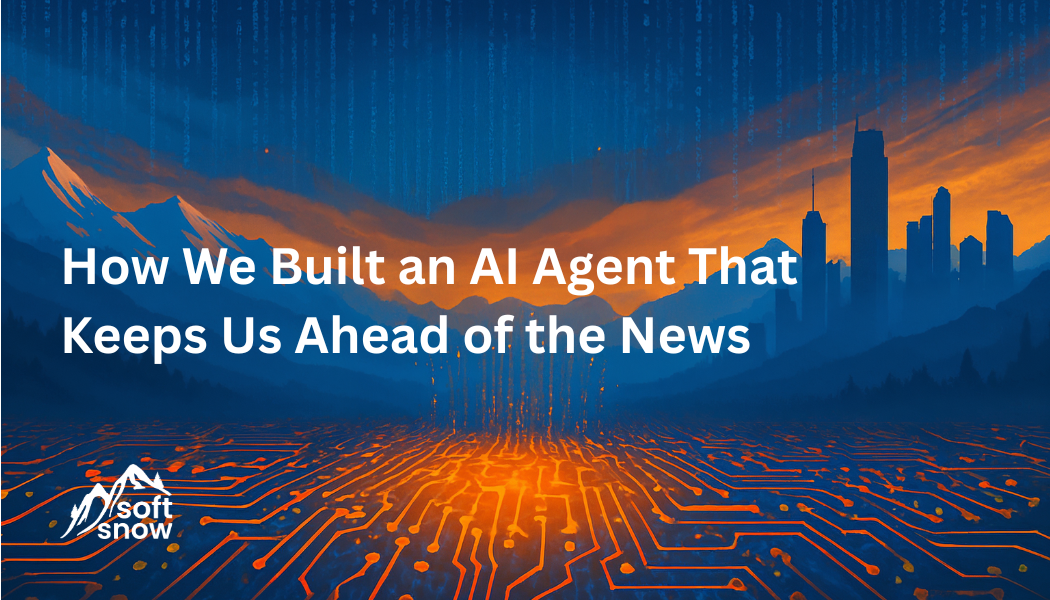
This week’s developments focus on making sophisticated AI capabilities more accessible, efficient, and immediately valuable for users across the spectrum.
________________________
OpenAI Launches GPT-5 Model
OpenAI is rolling out GPT-5, a more powerful and long-awaited AI model designed to enhance coding and creative writing abilities, as well as reasoning through complex queries. CEO Sam Altman describes the model as a "major upgrade" that for the first time "really feels like talking to an expert in any topic." The model is quicker to respond, less prone to making up information, and is now being made available to free and paid users of ChatGPT, with education and enterprise customers getting access a week later. The company is positioning GPT-5 as a particularly useful tool for computer programming, with Altman suggesting that a key feature of this new era will be "software on demand."
In addition to its advanced capabilities, OpenAI has added new features to improve the user experience. This includes four pre-set personality options for ChatGPT—Cynic, Robot, Listener, and Nerd—as a research preview. The model can also automatically determine how much time to spend thinking through a user's query to provide the best possible response. This launch comes as OpenAI faces increasing competition from rivals vying for a share of the rapidly expanding AI market, particularly in AI-assisted coding. OpenAI hopes that GPT-5, along with its popular ChatGPT interface, will help it maintain its leadership position.
SoftSnow Take:
Let's cut through the hype: GPT-5 isn't just another incremental update—it represents a genuine shift in how businesses can approach automation and knowledge work. The "software on demand" concept is particularly exciting for companies without massive development teams. Imagine being able to describe a custom workflow tool and have it built in hours instead of months.
But here's our caution: the real winners won't be those who adopt GPT-5 fastest, but those who identify specific business problems it can solve. Start small—perhaps with automating internal documentation or enhancing customer support—and build from there. The technology is impressive, but your team's expertise in applying it to your unique challenges is what will create lasting value.
________________________
Digital Ad Spike Yields Mixed Outcomes
AI-powered digital advertising has been a major success for tech giants like Meta and Alphabet. Both companies exceeded sales and earnings expectations, with Meta's CEO directly crediting AI for boosting efficiency and sales growth. This strong performance comes despite broader economic uncertainties, including concerns over tariffs. Analysts point to strong consumer spending as a key driver, which has in turn bolstered the digital ad market. The robust financial health of these companies has also allowed them to continue their massive investments in AI, with both Meta and Alphabet raising their capital expenditure forecasts for the coming year.
In contrast, smaller players in the digital ad space have garnered mixed results. While Reddit saw a phenomenal comeback with a 78% increase in sales, peers like Snap and Pinterest struggled. Snap missed revenue targets partly due to issues with its ad platform, and Pinterest's earnings were impacted by ongoing advertiser concerns about market uncertainty. This divergence in performance suggests that during times of economic unpredictability, advertisers tend to gravitate toward larger, more stable platforms, making it difficult for smaller companies to compete and leaving them with little room for error.
SoftSnow Take:
These results tell a fascinating story about market dynamics that should resonate with any marketing leader. The gap between winners and losers isn't just about AI investment size—it's about execution and focus. Reddit's success alongside industry giants proves you don't need Google's budget to win; you need precision and relevance.
What's the takeaway for your marketing team? In uncertain times, don't scatter your efforts. Instead, use AI to deeply understand your existing customers and double down on what's already working. The platforms that struggled tried to be everything to everyone—a luxury only the giants can afford.
The lesson? In a world where the big players are spending billions, your competitive advantage is focus and agility. Use AI to get smarter about your best customers rather than chasing new audiences, and you'll see efficiency gains that rival even the tech giants' results.
________________________
Google Finance Gets an AI Upgrade
Google is rolling out a significant update to Google Finance, bringing AI features to the platform with a new chatbot and enhanced tools. The update, which will be available in the coming weeks, will allow users to ask finance-related questions and receive AI-generated answers with links to relevant sources. The revamp also includes more advanced charting capabilities, such as candlestick charts and technical indicators, to help users better visualize and analyze market performance. Additionally, the new version will cover a wider range of market data, including more cryptocurrencies, and feature a live news feed to keep users informed of market events.
For users who prefer the traditional interface, Google has included a toggle to switch back to the classic Google Finance experience. This update is part of a broader effort by Google to integrate AI across its suite of applications, transforming even its more straightforward services into more powerful and interactive tools.
SoftSnow Take:
Google's approach exemplifies the Human + AI collaboration we champion at Soft Snow. Rather than replacing financial analysts, they've thoughtfully enhanced the platform with AI capabilities that augment decision-making while preserving user choice through the classic interface toggle. This balance demonstrates how AI can be implemented in a way that respects user preferences while delivering enhanced functionality—a principle we see driving success for businesses implementing AI solutions.
What's particularly noteworthy is how this update focuses on practical applications rather than technology for its own sake. The combination of AI-powered Q&A with traditional visualization tools and expanded market data shows how technology should solve real problems and create immediate value. This illustrates an important lesson we've observed across industries: effective AI implementation isn't about wholesale transformation but about identifying specific pain points where AI can enhance existing workflows and decision processes. The most successful AI initiatives, like this Google Finance update, focus on empowering people with better tools rather than replacing human judgment—creating a partnership that drives smarter work and better outcomes.
________________________
These rapid developments demonstrate both the urgency and opportunity of this moment. The good news? Meaningful AI implementation doesn't require enterprise-scale resources or massive infrastructure investments.
The most successful AI transformations aren't about chasing every new capability; they're about identifying where technology can solve real business problems and empower your existing teams. Whether you're building infrastructure, creating new user experiences, or seeking competitive advantages, the key is approaching AI with purpose and practicality.
At SoftSnow, we understand that successful AI adoption isn't just about acquiring technology: it's about thoughtful integration that enhances human potential rather than replacing it, allowing teams to work smarter and achieve more while staying true to core business objectives. Contact us today to learn more.





